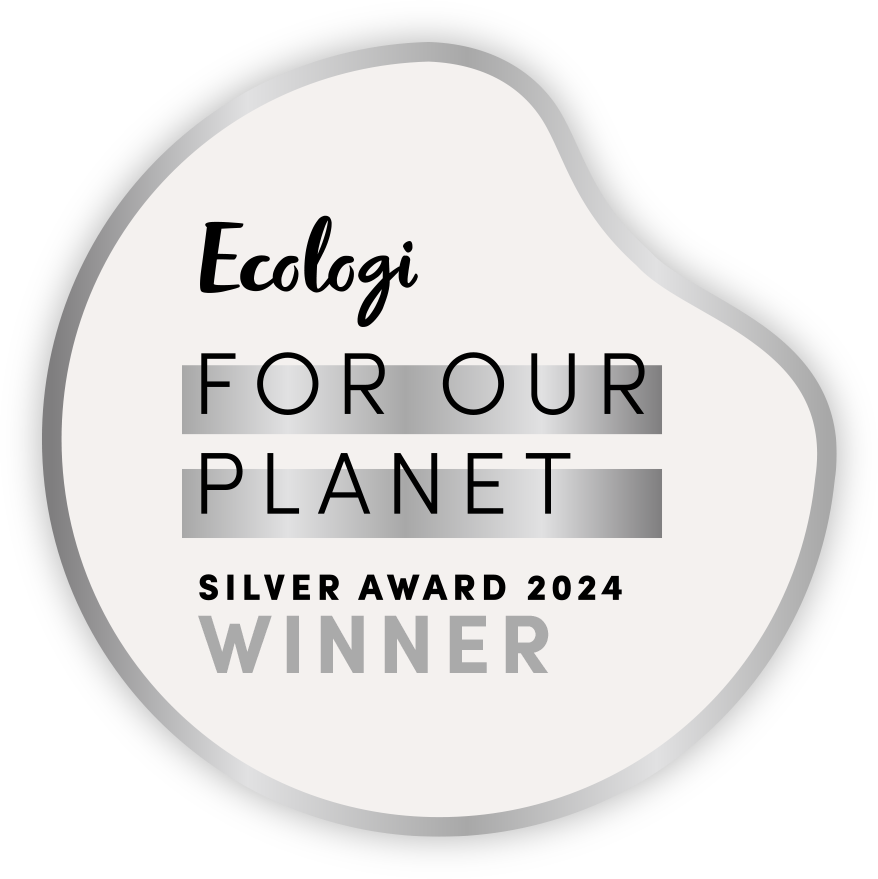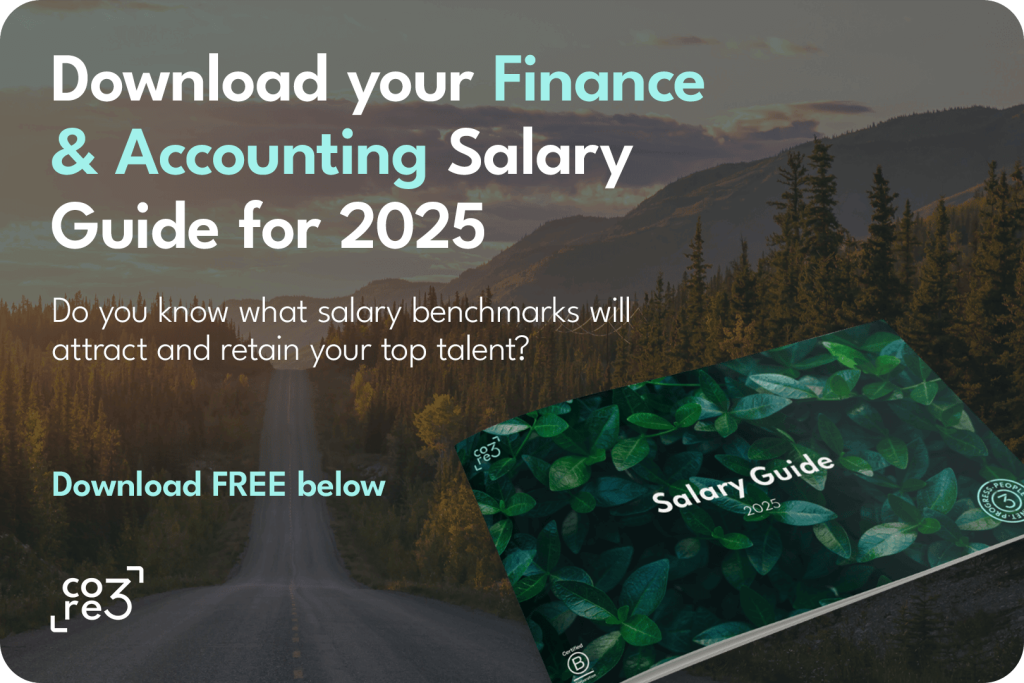In recruitment, as in every sector, technological transformation is revolutionising how businesses engage with their customers, generating exciting solutions for onerous tasks that used to take days now being reduced to a matter of minutes. There is a lot of talk these days about AI in recruitment and how predictive analytics can transform time and resource-intensive aspects of the job, taking a part of the human element out of recruitment as we know it.
At Core3, (and probably at other job agencies in Bristol) the hope is that AI doesn’t completely take away the human element from recruitment as we rather enjoy it! There’s also a lot to be said about what human recruiters can do. It’s safe to say that AI is a tool best used to minimise the low-level stuff to make room for more of the human element! What’s more, this leads to significantly enhanced productivity too, where low-level, manual tasks can be automated, and then costs are reduced drastically thanks to the number of processes that can be “eliminated” within the business.
As software can now read and answer questions immediately on huge volumes of unstructured data (things like emails, spreadsheets, PDFs, images and videos) this means that when recruiters are looking for a finance professional for a role, it is possible to sift through historical data on candidates who have worked on similar projects and demonstrated skills that align with the role’s requirements. This information can then be combined with the candidate’s education, employment history and personal attributes, LinkedIn profiles, GitHub portfolios etc. in an instant.
Recruiters can search for passive candidates according to tenure, career progression and social media activity to identify suitable candidates who might be ready for a move. They can also scan LinkedIn profiles for professionals with a solid history of delivering successfully who haven’t changed jobs in several years. Statistical algorithms can then be applied to forecast future outcomes with predictive analytics to quickly identify high-potential candidates and paint a detailed picture of how a person will contribute.
As well as candidate sourcing, AI can help Bristol job agencies with other parts of the recruitment process, such as screening CVs. AI-powered systems can automatically screen and analyse large numbers of CVs, identifying relevant skills, qualifications, and experience. This is a great tool to help recruiters sort through a large number of applications more quickly, saving time and effort.
Then there’s candidate matching, where AI algorithms compare candidate profiles with the requirements of a job to assess the suitability of applicants and speed up the whole shortlisting process.
To pre-screen large numbers of candidates before meeting candidates in person, recruiters can employ video interview analysis, where AI-powered video interview platforms are used to analyse candidate responses, facial expressions, and tone of voice to assess various traits, such as communication skills and emotional intelligence. AI can also help to reduce bias in the recruitment process, which is critical to an organisation’s commitment to diversity and inclusion. Candidate fit scoring ensures that they’re screened based on skill set and experience rather than a bias-based demographic. The use of video assessments with pre-set questions ensures all candidates are then given a fair interview.
Then, once the sourcing and screening stages are complete, recruiters can use AI for scheduling by making use of chatbots and calendar integrations to automatically coordinate interviews and other meetings.
Whichever AI tools job agencies in Bristol choose to employ to speed up their processes, it’s clear that using AI to help reach the right finance and accountancy professionals will bring a competitive edge and help prevent time wastage from interviewing the wrong candidates. However, for us, the best bit will always be when we get to meet the candidates and apply our interpersonal and analytical skills to the whole process. We’ll meet every candidate in person, for both permanent and interim talent solutions, and it’s at this stage that we find out things that people don’t put on their CVs. Once we have taken the time to get to know the candidate, we’ll present you with five options that closely match your needs. Candidates are prepared in depth so you can see them at their best. We ‘control the controllable’ to reduce the candidate dropout rate.
We also help you to stand out from the crowd in the search process by building an Employee Value Proposition (EVP) that resonates with candidates. We use dedicated landing pages, taster videos, virtual job descriptions, social campaigns, and co-branded advertising. Although AI can help us to improve our offering here, it’s all something that we have always done for our clients, even before the advent of AI! The main thing is that AI can speed up our processes to give us more time to get the right candidates in front of you who are interested in what you are offering.
We work every role as a team so you get the best of what Core3 can offer, not just one consultant, improving speed, quality, and choice. And, though we’re all for adopting a culture of continuous innovation in recruitment and implementing the latest technology, our team can vouch for the fact that it’s often the “Trust Me” card that gets the hire. When a team member has met a screened candidate and has seen something in that person that they have not even articulated on their CV, that’s when the real magic happens.
AI has its place in recruitment, but we believe in face-to-face relationships which is why our Core3 method is as human as we are.





